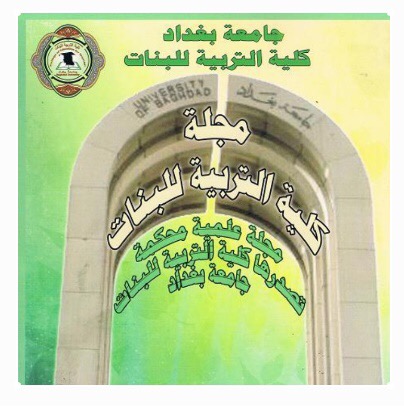The vocal inspiration of expressing the complaints in the Qur'anic script
Abstract
Thanks and gratefulness be to Allah , the most merciful , and prayers be on his messenger and our prophet mohammed and his descendants.The voices have great influence on the diversity of methods of complaints and implication in the Qur'anic expression through
their inspiration , forms and notes. They also have influence on performing semantic and psychological condition of the emitter . that is because of the connection between the complaints and human behavior and emotions , since it is considered as the outlet by which the human expresses his repressed desired and instincts . he resorted to it " when he is helpless physically and mentally i.e. he cannot reach his goals or satisfy his needs." Complaints come from deprivation , social and political injustice, inequality and lack of justice and loyalty. Therefore , it is the expression of the lack of human rights and his need to his creator in everything.This topic is covered in two section .The first is the Semantic infer of the individual sounds especially the sounds that have audio range since they have audio characteristics in performing the meaningful complaints through the calling style. That is because there is a relationship between the calling style and complaints.The second section deals with the voice modulation which is represented by toning phenomenon and sound breaks. The section also deals with the idiomatic and linguistic connotation of the sound. Finally the thesis shows the results.
We ask Allah's guidance and rightness in words and acts, Praise be to allah, lord of the worlds

Published
Issue
Section
License
![]()
All articles published in Journal of College of Education for Women are licensed under a Creative Commons Attribution 4.0 International License.










